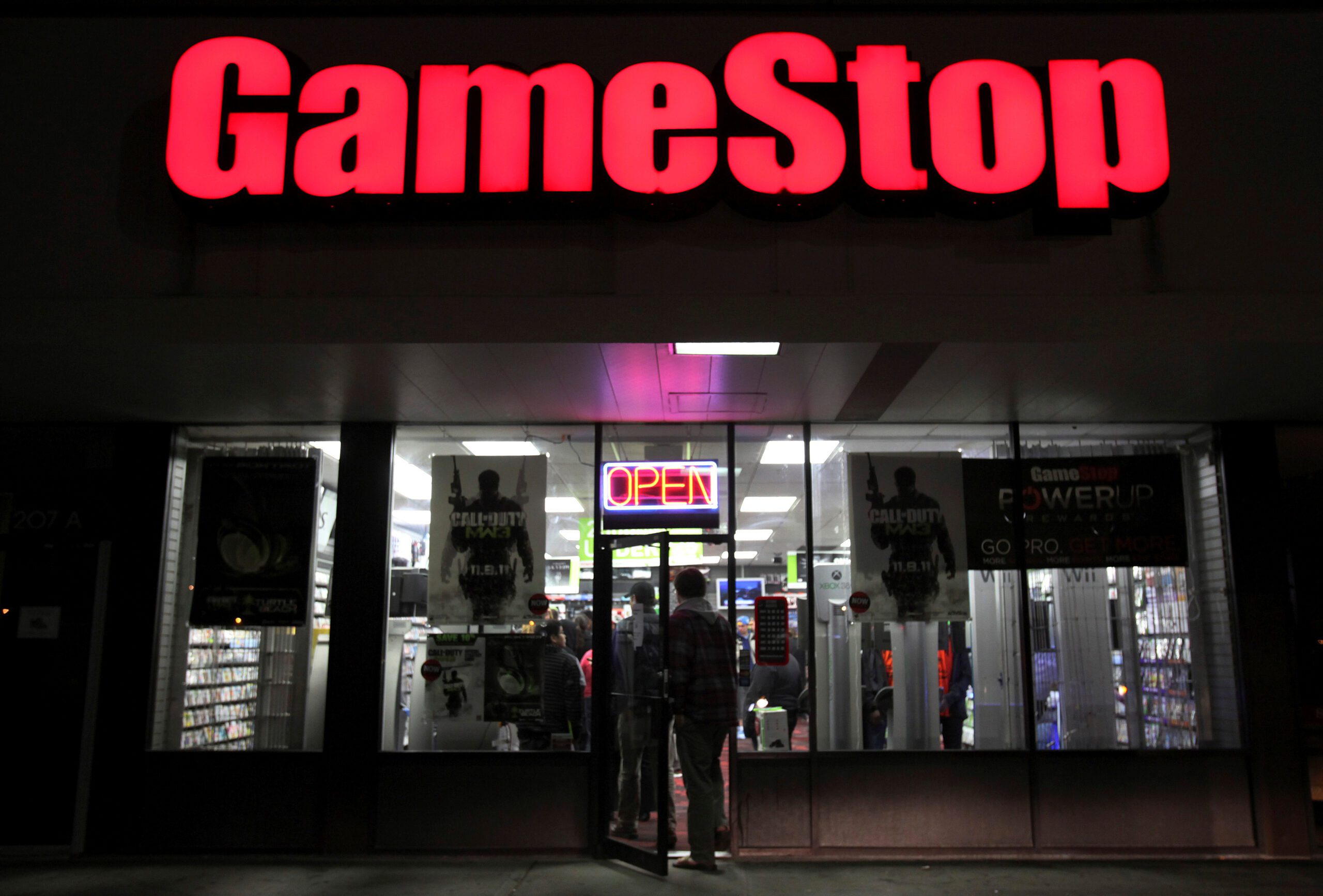The party seems to be over for meme stocks like GameStop (GME) and AMC (AMC). After a two-day surge fueled by the return of “Roaring Kitty” Keith Gill, both companies witnessed a dramatic fall on Wednesday.
AMC, which soared a staggering 135% in the previous two sessions, plunged 25%. GameStop followed suit, tumbling nearly 30% and relinquishing almost half of its recent gains.
This volatility highlighted the inherent risk associated with meme stocks. “The meme phenomenon generates a lot of market engagement, but the volatility is extreme,” said JJ Kinahan, CEO of IG North America.
Also Read: Will Keith Gill’s Return Ignite a New Meme Stock Frenzy? A Look at the GameStop 2.0 Speculation
Gill, who became a central figure during the 2021 meme stock frenzy, re-emerged on social media last week, sparking a rally in heavily shorted stocks like GameStop. His online persona “Roaring Kitty” shared a clip from “Braveheart” with the word “GameStop” flashing on the screen, igniting the dormant embers of retail investor enthusiasm.
In 2021, Gill’s social media presence, particularly his YouTube streams and Reddit posts, were instrumental in attracting a wave of retail investors to GameStop, causing significant losses for hedge funds that had bet against the company.
While Gill’s intentions remain unclear, some believe he’s simply enjoying the attention. “He’s a hero to the common man,” said Andrew Left of Citron Research, a former GameStop short seller. “He’s having fun putting up these memes and we’re interpreting them… there’s no science here.”
Despite the recent slump, the meme stock frenzy left its mark. Robinhood CEO Vlad Tenev reported the platform’s highest equities trading volume in the past year on Tuesday, with AMC and GameStop featuring prominently among the top 10 most bought securities by retail investors. The surge also fueled strong options activity, with many investors placing bullish bets on rising stock prices.
However, rising interest rates and the subsequent closure of the Roundhill MEME ETF, which focused on companies with high social media buzz and short interest, suggest a potential end to the meme stock era. Whether this is a temporary setback or a definitive shift remains to be seen.



